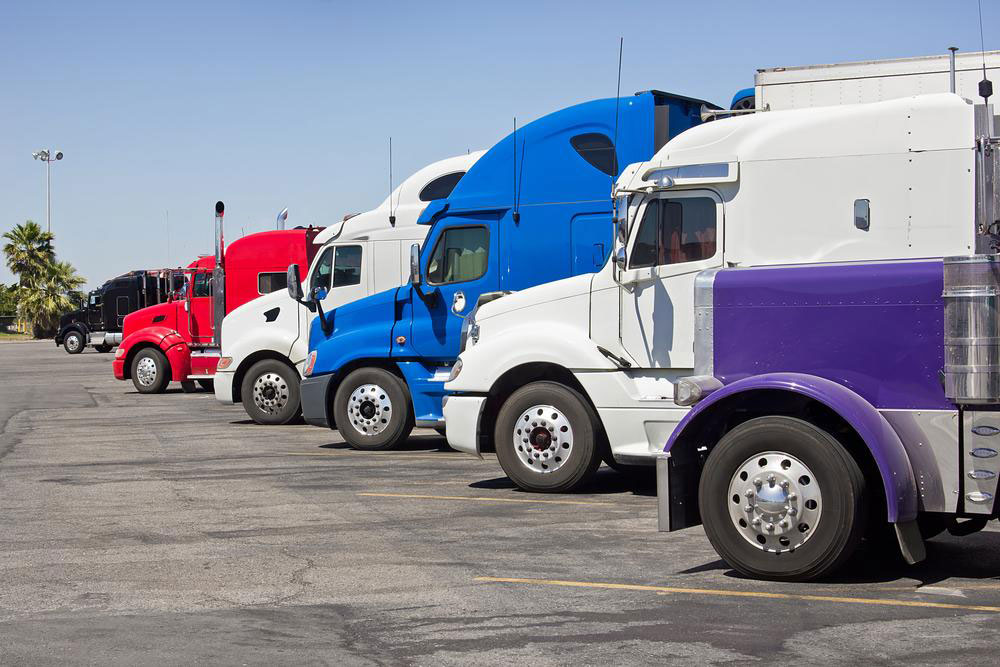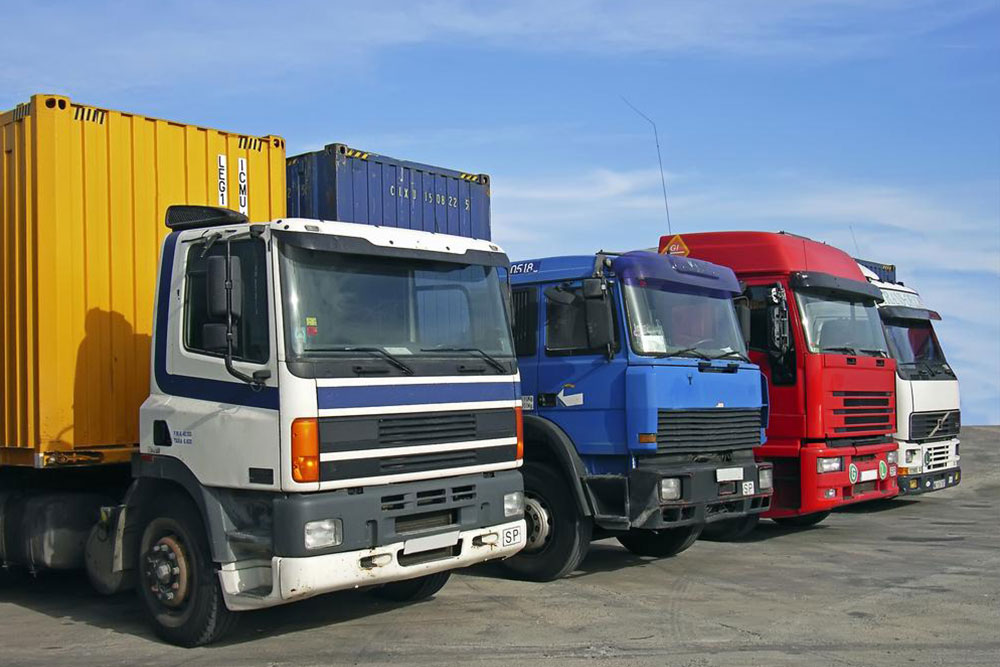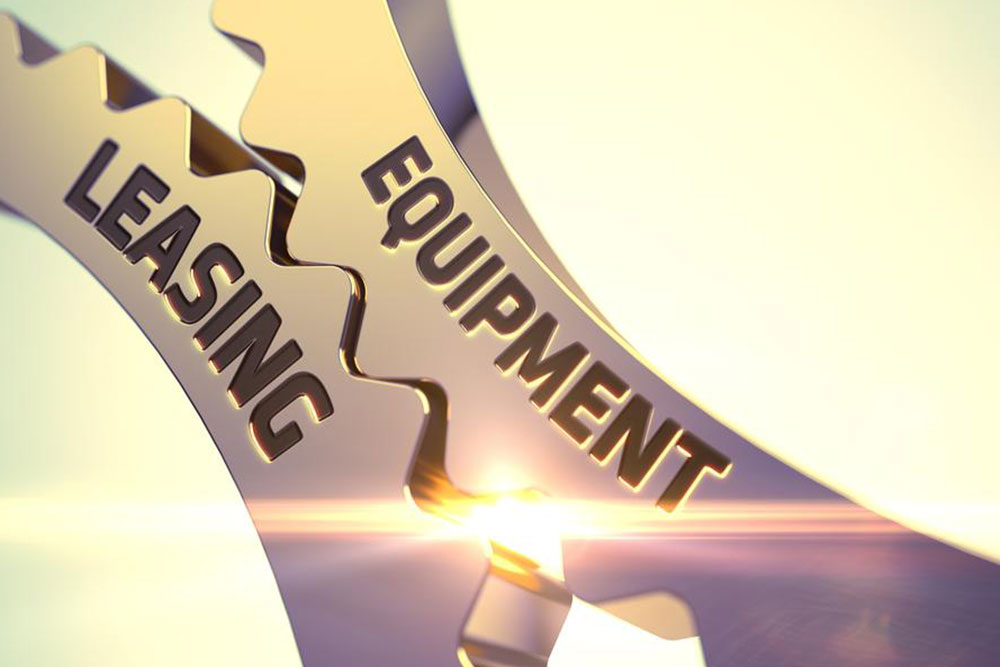Comprehensive Advantages of Leasing a Truck Over Buying: A Strategic Guide for Business Owners
Leasing a truck offers numerous advantages, including cost savings, flexibility, and reduced maintenance expenses. This comprehensive guide explains why many business owners prefer leasing over buying, emphasizing financial predictability and operational efficiency. Discover how leasing can help your fleet stay modern, improve profitability, and provide strategic flexibility to adapt to market changes. Ideal for businesses looking to optimize their transportation investments, leasing can be a game-changer for fleet management and long-term success.

Comprehensive Benefits of Leasing a Truck Instead of Purchasing
Deciding whether to lease or buy a truck is a significant decision that can impact your business's operational efficiency and financial health. While ownership has its appeal, leasing offers numerous strategic advantages that many fleet operators and business owners now prefer. With the evolving landscape of commercial vehicle management, understanding the benefits of leasing can help you make more informed decisions that align with your financial goals and business needs. This comprehensive guide explores the various reasons why leasing a truck might be a smarter choice than purchasing, covering cost savings, flexibility, and operational advantages.
Eliminate Hidden and Unexpected Expenses
One of the primary financial benefits of leasing is the transparency it offers. When you lease a truck, you can clearly understand your monthly payments and the scope of your expenses. Unlike purchasing, which often involves hidden costs—such as maintenance, insurance, registration fees, and unforeseen repairs—leasing agreements typically include or cover these aspects within the lease terms. This predictability allows your business to plan its budget more accurately without the stress of unexpected financial burdens. Leasing providers often offer maintenance packages and warranties that further shield your business from unpredictable costs, making financial management more straightforward and less risky.
Enhanced Profitability with Reduced Upfront Investment
Leasing trucks significantly lowers the initial capital expenditure required. Instead of making a substantial down payment or financing a large purchase, leasing involves manageable monthly payments. This approach preserves your cash flow, allowing you to allocate funds toward other critical areas such as expanding your fleet, marketing, technology upgrades, or facility improvements. Over the long term, this strategic use of capital can boost profitability by keeping your business agile and financially resilient. For small and medium-sized enterprises, this flexibility can be the key to scaling operations without the burden of large debt loads.
In essence, leasing minimizes the financial barrier to maintaining a modern and efficient fleet, providing your business with a competitive edge. It turns fleet management into a predictable expense, simplifying financial planning and operational budgeting.
Lower Maintenance and Repair Costs
During the lease period, many leasing agreements include maintenance packages, reducing the burden of repair and servicing costs. These packages often cover routine maintenance and minor repairs, ensuring your truck remains in optimal condition without incurring extra costs. This approach not only cuts expenses but also minimizes downtime, which is critical for maintaining delivery schedules and customer satisfaction. Unlike owned trucks, which require continuous investment in repairs and upgrades, leased trucks offer a worry-free solution, allowing you to focus more on core business activities.
Increased Operational Flexibility
Leasing offers a level of flexibility that ownership cannot provide. It allows businesses to adapt quickly to changing market demands or operational needs. For example, if your business experiences seasonal fluctuations or needs to expand, leasing makes it easier to add or upgrade vehicles without the long-term commitment of ownership. It also provides the ability to choose different truck models or specifications suitable for specific tasks, enhancing operational efficiency. Additionally, leasing contracts often come with options to easily upgrade to newer models, ensuring your fleet remains modern and compliant with evolving standards.
No Depreciation Concerns and Balance Sheet Benefits
Vehicles typically depreciate over time, which can impact your company's net worth and tax liabilities. With leasing, trucks are not considered fixed assets on your balance sheet, meaning depreciation does not directly affect your financial statements. This can lead to improved financial ratios and better tax planning, as lease payments are often deductible as business expenses. Furthermore, not owning the asset can improve your company's liquidity and borrowing capacity, providing additional financial leverage for other investments.
Access to Newer Models and Cutting-Edge Technology
Leasing allows you to regularly upgrade to the latest trucks equipped with new technology, safety features, and fuel efficiency improvements. This continuous upgrade cycle can lead to savings on fuel, maintenance, and compliance costs, ultimately enhancing your operational performance. Keeping your fleet current ensures your business stays competitive, reduces downtime caused by aging vehicles, and demonstrates a commitment to safety and professionalism.
In conclusion, leasing a truck offers numerous strategic benefits that make it an attractive option for many business owners and fleet managers. It provides financial predictability, reduces upfront costs, minimizes maintenance concerns, and enhances operational flexibility. By choosing leasing over purchasing, your business can enjoy a modern, efficient fleet without the financial strain of ownership. It streamlines your financial management, increases profitability, and enables you to respond swiftly to changing market conditions, positioning your business for sustainable growth and success in the transportation industry.





